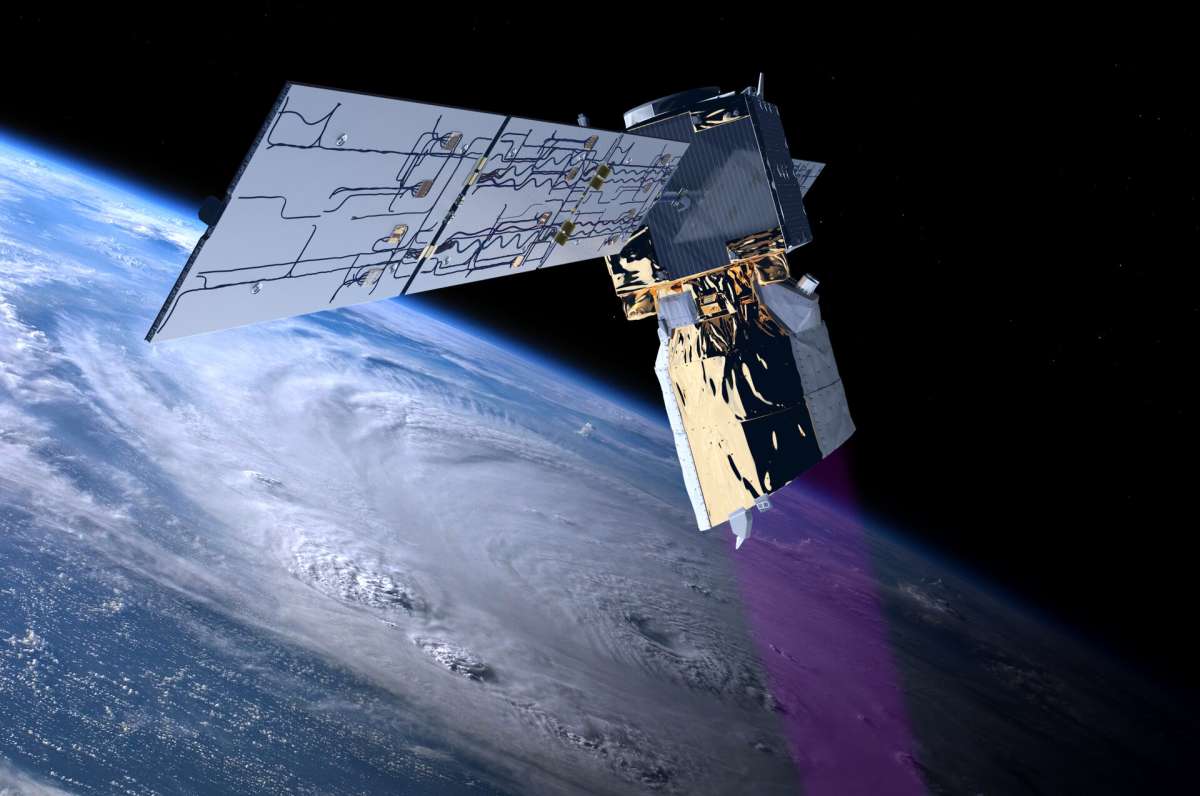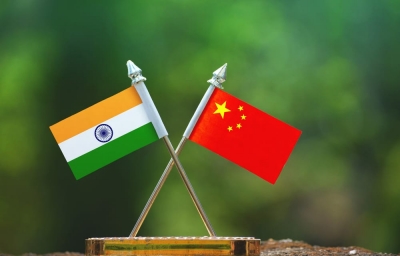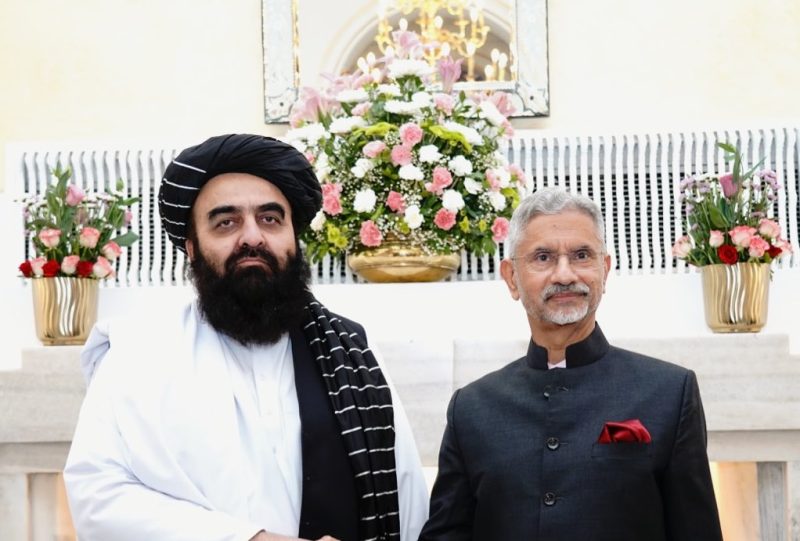The satellites sub-sector has been divided into three different activities with defined limits for foreign investment in each such sector…reports Asian Lite News
The Union Cabinet chaired by Prime Minister Narendra Modi on Wednesday approved the amendment to Foreign Direct Investment (FDI) policy on the Space sector.
The satellites sub-sector has been divided into three different activities with defined limits for foreign investment in each such sector, an official statement added.
The statement added that the Indian Space Policy 2023 was notified as an overarching, composite and dynamic framework to implement the vision for unlocking India’s potential in the Space sector through enhanced private participation.
“The said policy aims to augment space capabilities; develop a flourishing commercial presence in space; use space as a driver of technology development and derived benefits in allied areas; pursue international relations and create an ecosystem for effective implementation of space applications among all stakeholders,” it said.
“As per the existing FDI policy, FDI is permitted in the establishment and operation of Satellites through the Government approval route only. In line with the vision and strategy under the Indian Space Policy 2023, the Union Cabinet has eased the FDI policy on the Space sector by prescribing liberalized FDI thresholds for various sub-sectors/activities,” the statement added.
Department of Space consulted with internal stakeholders like IN-SPACe, ISRO and NSIL as well as several industrial stakeholders. NGEs have developed capabilities and expertise in the areas of satellites and launch vehicles. With increased investment, they would be able to achieve sophistication of products, global scale of operations and enhanced share of global space economy, it said.
The proposed reforms seek to liberalise the FDI policy provisions in space sector by prescribing liberalised entry route and providing clarity for FDI in Satellites, Launch Vehicles and associated systems or subsystems, creation of Spaceports for launching and receiving Spacecraft and manufacturing of space-related components and systems, it added.
“Under the amended FDI policy, 100 per cent FDI is allowed in space sector. The liberalized entry routes under the amended policy are aimed to attract potential investors to invest in Indian companies in space,” it stated.
This increased private sector participation would help to generate employment, enable modern technology absorption and make the sector self-reliant, the release stated, adding that it is expected to integrate Indian companies into global value chains. With this, companies will be able to set up their manufacturing facilities within the country duly encouraging ‘Make In India (MII)’ and ‘Atmanirbhar Bharat’ initiatives of the Government. (ANI)
ALSO READ: Quality Concerns Dog Chinese Arms Exports














